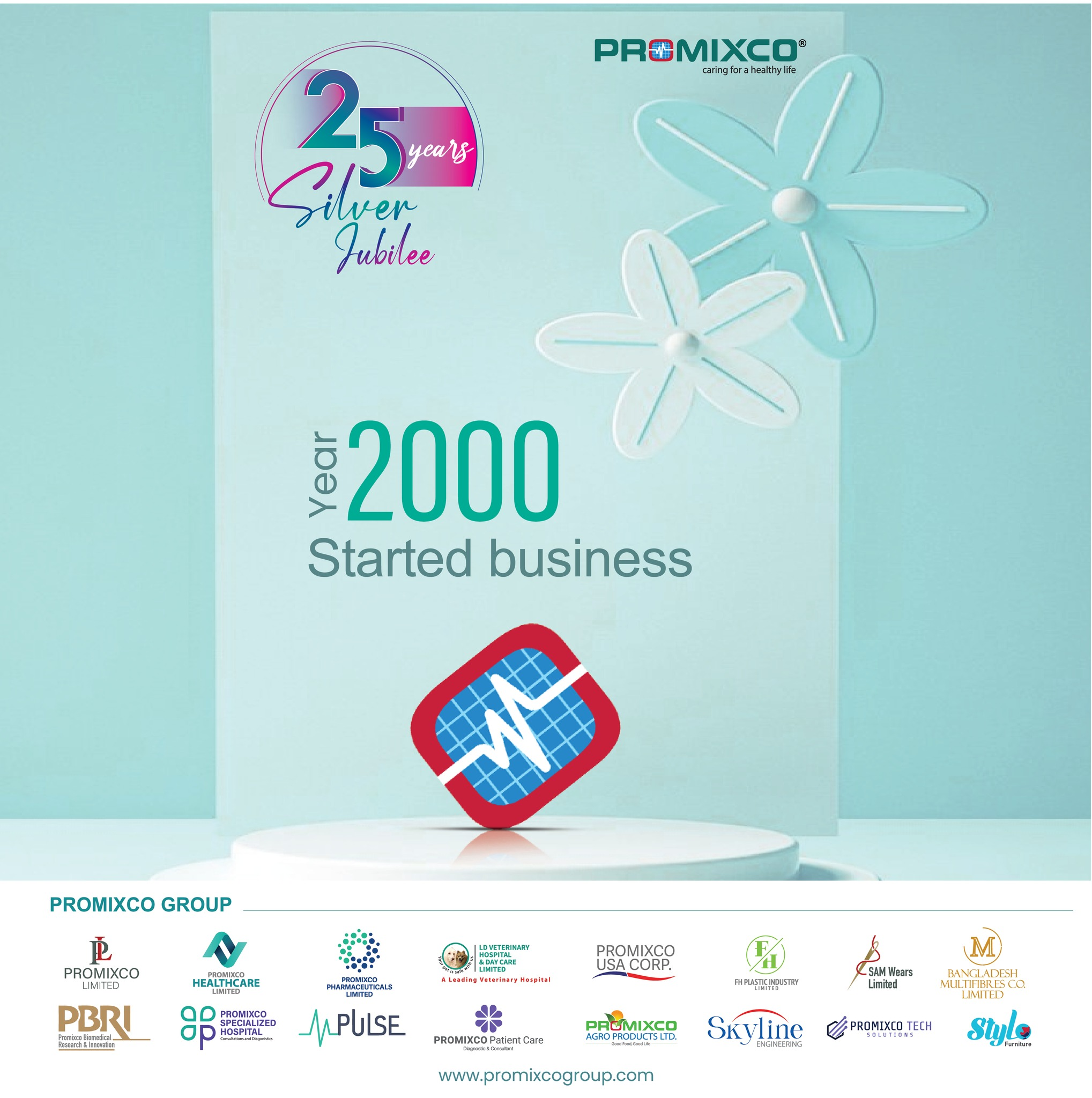Elder care, also known as senior care, refers to the range of services and support systems designed to assist older adults in maintaining their quality of life as they age. As people grow older, they often face a variety of physical, emotional, and social challenges that can impact their independence and overall well-being. This article delves into the various facets of elder care, including its importance, types of services available, and considerations for families and caregivers.
The Importance of Elder Care
As the global population continues to age, the need for effective elder care has become increasingly critical. According to the World Health Organization, the number of people aged 60 and older is expected to reach 2 billion by 2050. This demographic shift necessitates a robust approach to elder care to ensure that older adults receive the support they need.
Enhancing Quality of Life
Elder care plays a vital role in enhancing the quality of life for older adults. Many seniors desire to remain in their homes and communities as they age. By providing the necessary support, elder care services can help them achieve this goal while maintaining their dignity and independence.
Promoting Health and Well-being
Proper elder care can significantly impact the physical and mental health of older adults. Regular health check-ups, medication management, and access to healthcare services can prevent complications and ensure that seniors remain healthy. Additionally, emotional support and social interaction can mitigate feelings of loneliness and depression, which are common among the elderly.
Supporting Families
Caring for an elderly loved one can be overwhelming for family members. Elder care services provide essential support, allowing families to share the responsibilities of caregiving. This not only alleviates the stress on family caregivers but also ensures that seniors receive professional and specialized care.
Types of Elder Care Services
Elder care encompasses a wide range of services tailored to meet the unique needs of older adults. Here are some of the most common types of elder care services available:
1. Home Care Services
Home care services provide assistance to seniors in their own homes, allowing them to maintain their independence. These services can include:
- Personal Care: Assistance with activities of daily living (ADLs), such as bathing, dressing, grooming, and toileting.
- Companionship: Providing social interaction and emotional support to combat loneliness.
- Housekeeping: Help with household tasks, including cleaning, laundry, and meal preparation.
- Transportation: Assistance with getting to medical appointments, grocery shopping, or social events.
2. Assisted Living Facilities
Assisted living facilities are designed for seniors who require some assistance with daily activities but do not need full-time medical care. These facilities typically offer:
- Private or Shared Accommodations: Residents have their own living space while sharing common areas.
- Support Services: Assistance with medication management, personal care, and meal preparation.
- Social Activities: Organized events and activities to promote social interaction and engagement.
3. Nursing Homes
Nursing homes, also known as skilled nursing facilities, provide a higher level of medical care for seniors with significant health needs. Services offered include:
- 24/7 Medical Care: On-site nursing staff to provide medical attention and monitoring.
- Rehabilitation Services: Physical, occupational, and speech therapy for recovery from illness or surgery.
- Specialized Care: Care for individuals with chronic illnesses, dementia, or other complex medical conditions.
4. Adult Day Care
Adult day care programs offer a structured environment for seniors during the day, providing socialization, activities, and care while family caregivers are at work. Benefits include:
- Social Interaction: Opportunities for seniors to connect with peers and engage in group activities.
- Respite for Caregivers: Giving family members a break while ensuring their loved ones are cared for in a safe environment.
- Health Monitoring: Access to professional staff for medication management and health assessments.
5. Hospice and Palliative Care
For seniors facing terminal illnesses or end-of-life issues, hospice and palliative care provide compassionate support. These services focus on:
- Pain Management: Ensuring comfort through effective pain relief strategies.
- Emotional and Spiritual Support: Addressing the emotional and psychological needs of both patients and their families.
- Home-Based Care: Many hospice services are provided in the patient’s home, allowing them to remain in a familiar environment.
Considerations for Families and Caregivers
When seeking elder care services for a loved one, there are several factors to consider:
1. Assessing Needs
Before making decisions, it’s important to evaluate the specific needs of the older adult. Consider their physical health, cognitive abilities, and emotional well-being to determine the level of care required.
2. Exploring Options
Research the various types of elder care services available in your area. Visit facilities, meet caregivers, and read reviews to find the best fit for your loved one’s needs and preferences.
3. Financial Planning
Elder care can be costly, so it’s essential to understand the financial implications. Investigate insurance options, government assistance programs, and other resources that may help cover the costs of care.
4. Communication
Open communication between family members, caregivers, and healthcare providers is crucial for effective elder care. Regular discussions can help ensure that everyone is on the same page regarding the care plan and any changes in the senior’s condition.
5. Prioritizing Self-Care
Family caregivers must prioritize their own well-being. Caregiving can be physically and emotionally demanding, so it’s essential to take breaks, seek support, and engage in self-care activities.
Conclusion
Elder care is a multifaceted field that encompasses a wide range of services designed to support the needs of older adults. As the population ages, the demand for effective elder care will only increase. Understanding the various types of elder care services available, as well as the importance of addressing both physical and emotional needs, is essential for families and caregivers. By providing the right support, we can ensure that our elderly loved ones live fulfilling, dignified lives as they age.
